Effie in the right headspace
People
Having worked with children from tough backgrounds, psychologist Effie Georgiadis has seen firsthand a raft of issues confronting the youth of today. However, she believes the impact of the COVID pandemic will raise yet another set of challenges to overcome.
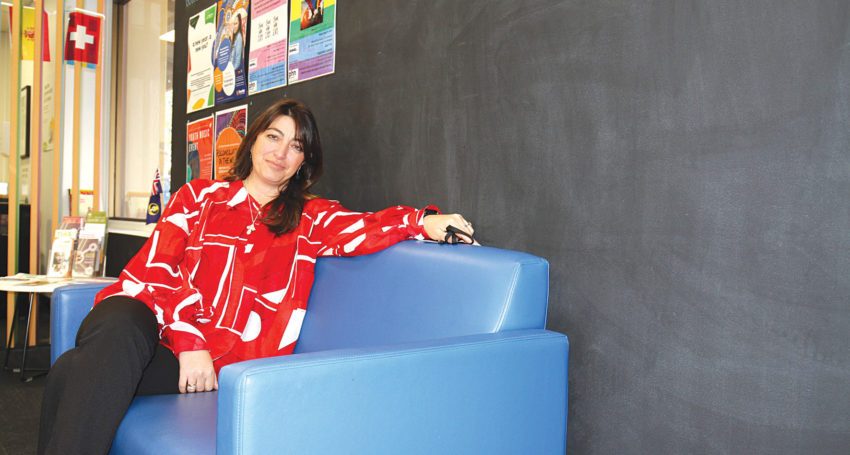
Recently taking over as manager of Centacare’s headspace program at Port Adelaide, Ms Georgiadis said physical and emotional distancing as a result of COVID restrictions would be seen developmentally in the years to come.
“That isolation, being told don’t touch people, keep far away from them, we are still unsure of the impact that that will have on our youth,” she said.
“There are grandchildren who can’t see their grandparents due to lockdown. Family separation is going to keep that fear and uncertainty going.”
Advertisement
Headspace, she said, was well placed to support young people aged 12 to 25 years in coping with mental health issues arising from everyday life and now the pandemic.
“We’re a free community service where you can access accredited social workers in mental health or psychologists. We’ve got two private practitioners who work out of here too,” Ms Georgiadis explained.
“We’re looking at brief interventions, typically seeing most clients about three or four times, with mild to moderate mental health issues.”
The mother of four daughters ranging from 17 to 27 years, Ms Georgiadis is well versed in the issues facing kids of today. She said there were many reasons why young people sought help from headspace, but two constant themes that continually popped up were social media and bullying.
“The massive impact and the dependency they have on social media… a lot of youth struggle to be able to determine whether or not they need to respond to a call or message. Neurologically, how much pressure is that constantly putting on the brain; how can we keep up with that demand?
“Another of the common issues I’ve noticed is young people’s ability to be resilient… it appears we need to do work with young people in being able to learn skills around resilience.”
A parishioner at St Anthony’s Greek Orthodox Church in Prospect, Ms Georgiadis said her strong faith has always been her “saviour”.
“My faith is a really big part of my life. I try to strive to live those values in work with a client or with interactions with staff.”
It was her long-held passion to support and help young people that saw Ms Georgiadis enrol as a mature age student to study Psychology at the UniSA. She had completed a Human Resources degree after finishing school but soon after married her husband and began raising their family.
Her involvement with the FLO (Flexible Learning Option) program in the northern suburbs gave her an incredible insight into the difficulties facing some children whose upbringing meant that every day they were “just trying to survive”.
Advertisement
“I know people try and steer away from working in that area because of the complexities, but I love it,” she said.
“I’ve learnt the most working with the hardest clients.”
Ms Georgiadis recalled going to the home of a child who she was going to take to school.
“There were 15 other kids in this house, there was a big mountain of clothes and he had just a pair of shorts and a really thin T-shirt – he didn’t have a jumper, he didn’t have food to eat,” she said.
“This is his life. He didn’t ask for this… and this is happening only 20 minutes from where we live.
“You can’t make a judgement on a young person’s choices because you don’t know what has led to that.
“In this work if you think you are going to ‘fix’ somebody you are going to get a big shock because I don’t think you can fix anybody – they have to participate in that, but you can certainly show them compassion and support.”
Reflecting on another case, Ms Georgiadis spoke of the importance to always “build a connection” with a client.
“I was terrified how I was going to engage with this seven-year-old boy who was on the spectrum because he had quite significant fixations and behaviours. And I just couldn’t get a win with this kid, it just wasn’t happening,” she said.
“My boss said I needed to find out what he liked so I could build that connection and I discovered he was into dinosaurs. So I bought a dragon DVD for us to watch… I put it on and he goes, that’s a dragon, not a dinosaur – get it right, it’s not the same!”
“I learnt so much from that kid. If you don’t build that relationship, it doesn’t matter how great you are at all the therapies…you have to have some level of connection otherwise it doesn’t mean anything.”


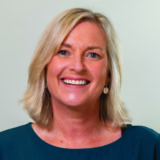
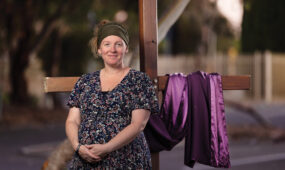
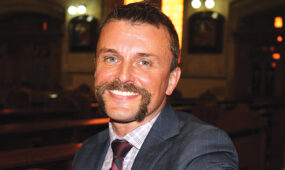
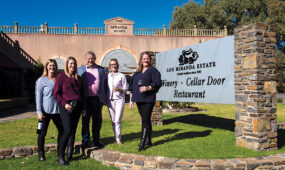
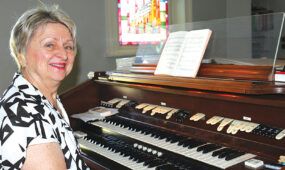

Comments
Show comments Hide comments